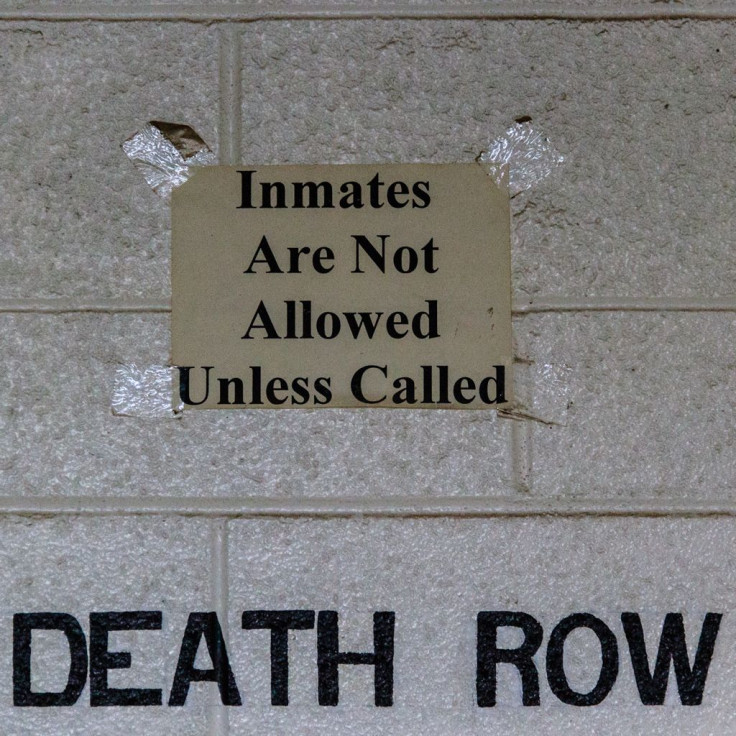Oklahoma Executions Delayed As European Lethal Injection Drug Suppliers Refuse To Sell To US Prisons

Oklahoma’s attorney general says he’s disappointed the state cannot immediately execute two death row inmates as European suppliers now refuse to sell drugs for the lethal injection.
The Oklahoma Court of Appeals ruled on Tuesday to delay two executions set for this month after finding the state would not be able to procure drugs for the lethal injections. Attorney General Scott Pruitt’s “attestations give this court no confidence that the state will be able to procure the necessary drugs before the scheduled executions are carried out,” the court ruled.
However, Pruitt said on Tuesday the state would eventually execute inmates Clayton Lockett and Charles Warner, whose deaths were set for April 22 and April 29, respectively.
"This delay is not about the facts of the case, nor does it seek to overturn the convictions of these two murderers. Instead, it's about outside forces employing threats, intimidation and coercion to keep the state of Oklahoma from imposing the punishment handed down for these heinous crimes," Pruitt said. "It's not a matter of if these punishments will be carried out, but it is only a matter of when."
Lockett and Warner had both sued the state for a stay of execution, which the court found moot given the state’s inability to procure the required drugs. “We were hoping for a stay until the district court can rule, but this effectively gives us that,” Seth Day, a lawyer for the inmates, told the AP. “The district court will render their ruling before those dates.”
The condemned prisoners hope to win reprieve from execution by arguing the drugs used in the lethal injections may be contaminated by unhealthful toxins, a violation of the constitution’s protection against cruel and unusual punishment. Locket was initially scheduled to die on Thursday after a 1999 conviction in the shooting death of a 19-year-old woman. Warner was scheduled to die a week later for a 1997 conviction in the rape and murder of his girlfriend’s 11-month-old daughter.
Next week, Oklahoma County District Court will determine whether state executions should remain behind a “veil of secrecy.”
Pruitt says Oklahoma is searching worldwide to replenish supplies of the sedative pentobarbital and the muscle relaxant vecuronium bromide, which are used in conjunction with potassium chloride, which stops the heart. Although the death penalty is legal in 32 states, only Oklahoma, Texas, Florida, Ohio, and Arizona regularly execute prisoners.
Published by Medicaldaily.com



























